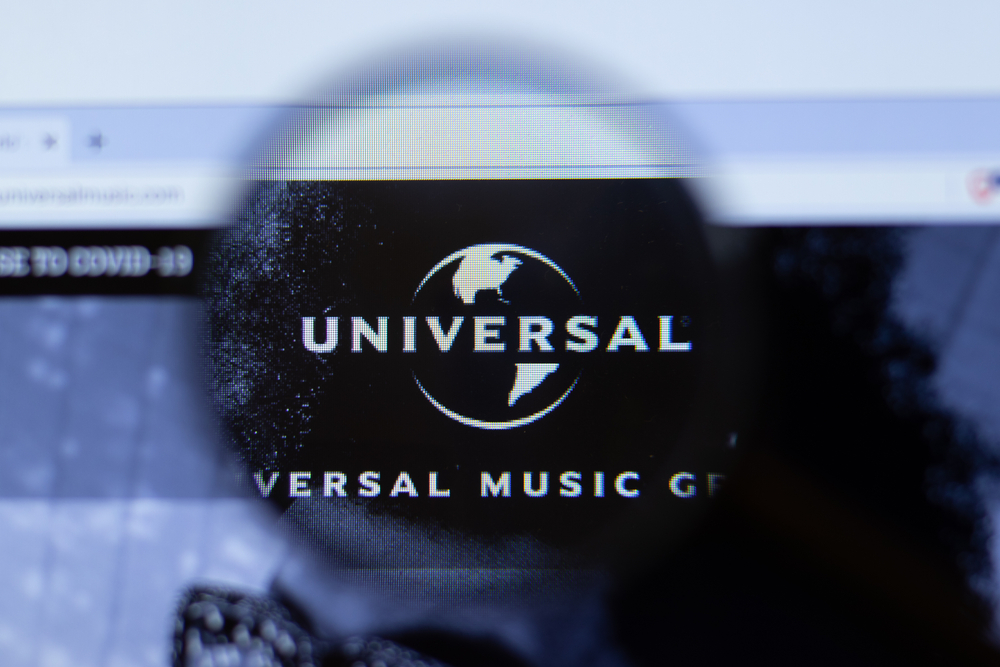Have you heard Johnny Cash singing “Barbie Girl” or Sinatra rapping “Gangsta’s Paradise”? You might wish you hadn’t.
AI has enabled some of the most fantastical musical mash-ups you can imagine, and they’re racking up millions of views across social media.
https://www.youtube.com/watch?v=HyfQVZHmArA
Record labels such as Universal Music aren’t happy about the massive attention garnered by AI mash-ups on platforms like YouTube and are negotiating with Google about licensing the voices and melodies.
AI music mash-ups are hilarious, but it’s the thin end of the wedge for artists concerned about their voices being used to freely drum up views.
Universal Music general counsel Jeffrey Harleston voiced these concerns to US lawmakers, stating, “An artist’s voice is often the most valuable part of their livelihood and public persona, and to steal it, no matter the means, is wrong.”
To combat AI mashups sucking up views from genuine artists, sources reveal that the aim is to offer creators legitimate tools to create these tracks and compensate copyright owners.
In the early days of YouTube, user-created videos often incorporated copyrighted music leading to a host of legal battles followed up with advertising agreements that rake in $2bn annually for the music industry.
Warner Music’s CEO, Robert Kyncl, expressed optimism about the potential for AI mashups to benefit artists, emphasizing that artists should be able to choose to opt in.
Universal Music has also urged streaming platforms like Spotify and Apple to restrict AI tools from accessing their data without proper permission to combat the automated scraping of music for AI uses.
AI and music: a relationship under development
AI hasn’t penetrated the music industry to the same extent as writing or visual arts, but there’s plenty of time for it to wiggle its way in.
Back in May, a UK artist released the first entirely AI-generated album, and text-to-audio generators like Meta’s AudioCraft will revolutionize audio production and sound design.
As AI learns to master audio, musicians are wondering when it’ll be their turn on the chopping block.
While the authenticity of human-created music is challenging to feign, it’s probably only a matter of time before convincing singing voices, melodies, and full-blown compositions can be created via a simple text prompt.
Music has become more democratic and accessible over time, but the impacts of that could be pretty extreme.





